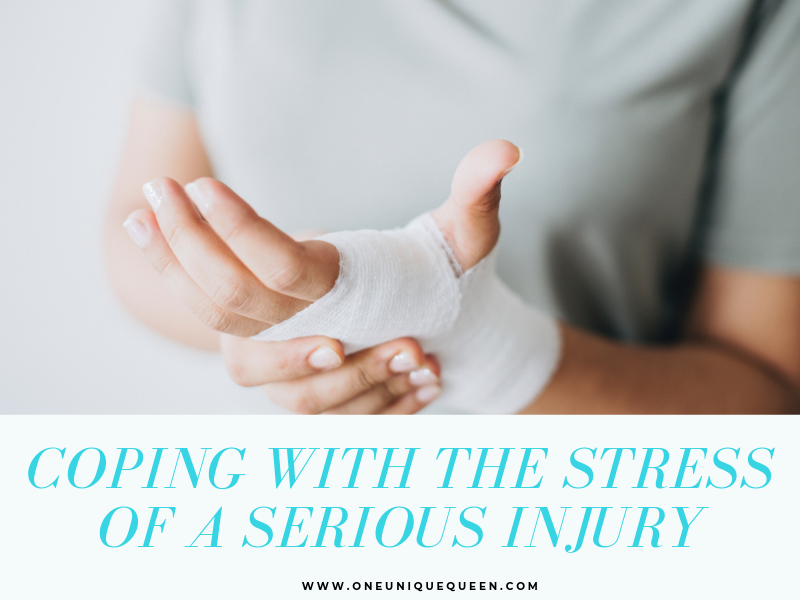


Sustaining a serious injury can be stressful for the victim, their family and their loved ones, and even for the person or people responsible for the incident. Although swift medical care may ensure that your injury can be successfully treated, the shock following the event can be extremely debilitating.
Depending on the nature of your injury, you may be coping with physical symptoms for weeks, months or years following the incident, and you may be left with permanent health issues due to the accident. Unfortunately, this means that the recovery process after a serious injury isn’t always as quick as we’d like it to be.
However, it isn’t just the physical effects of your injury that you need to take into account. Although it’s vital to obtain medical treatment for the physical harm you’ve suffered, you may also need to access psychological and emotion support to help you cope with the stress surrounding your injury.
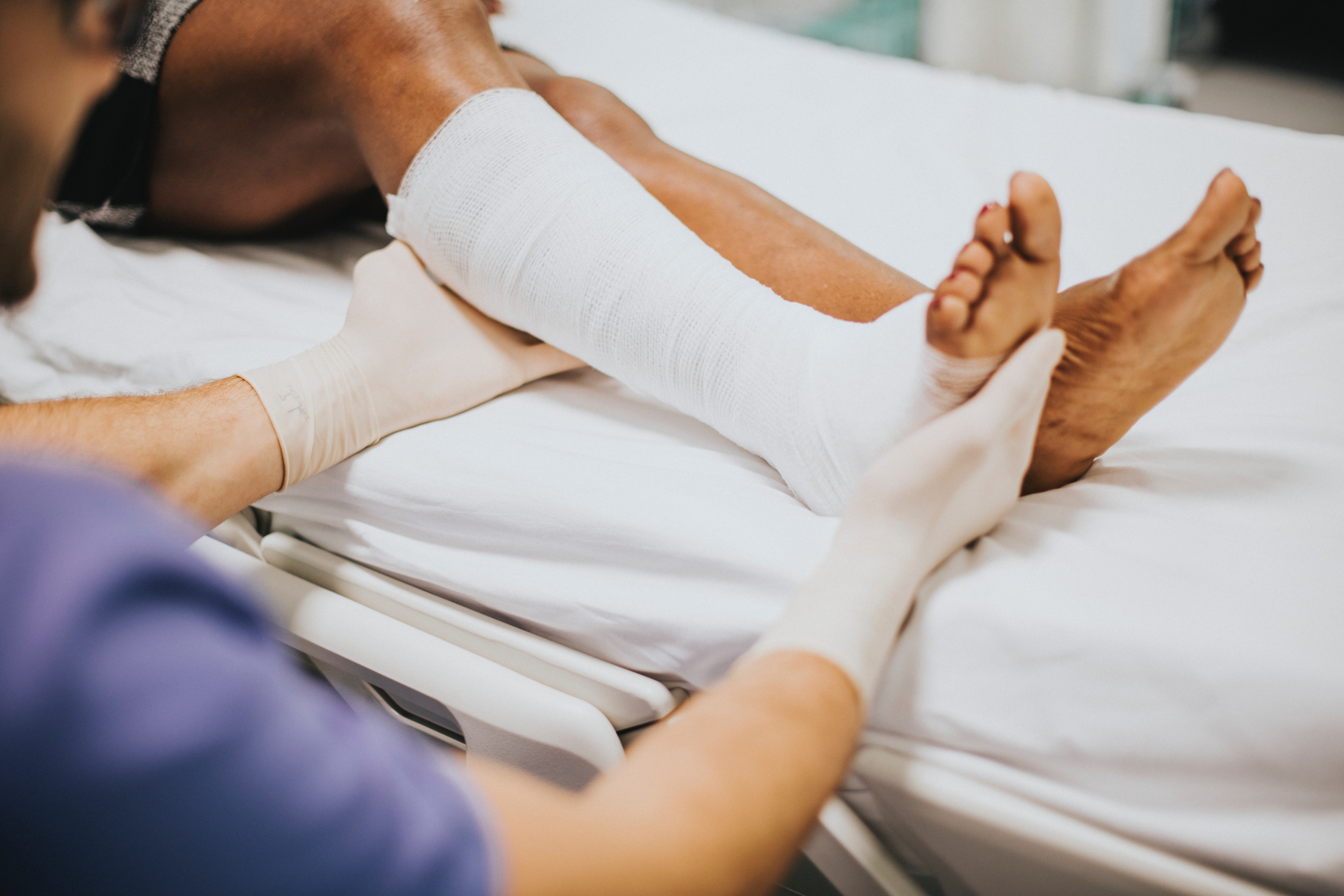
Understanding your injury
Learning about your injury and potential recovery may seem daunting, but it can be one of the most effective ways to process what’s happened. Often, fear of the unknown can be more harmful than knowing the facts, so do what you can to access the relevant information.
Your medical practitioners should be responsive to any questions you have for them, and learning about additional or supplemental treatments could help you to recover from your injuries more quickly.
Change your mindset
Following a serious injury, it’s common to feel anxious, depressed, frustrated and angry. However, these emotions won’t help you to maintain a healthy mindset. In many cases, meditation, mindfulness and even hypnosis can help to improve your mood and restore your confidence.
Working with an experienced practitioner or practicing these therapies on your own are both viable ways of coping with the trauma surrounding a serious accident or injury, and you may be surprised at just how effective they are.
Identify practical problems
If you’ve been hurt or injured, your first priority will be getting your physical health back. Embracing the treatments you’re offered and making informed decisions about your medical care may be the most important thing on your mind, but in the weeks following the incident, there will be other things to consider too.
A serious injury can affect your life in many different ways, and it may mean that you’re unable to work for some time. Although some people are able to obtain sick pay from their employer, this isn’t the case for everyone. Furthermore, even employees who are eligible for sick pay don’t always receive an income which is equivalent to their usual wage, so you could face a difficult financial situation too.
Once you know more about your injury and the likely recovery process, you’ll be able to determine which practical problems are likely to arise. If doctors estimate that you’ll be unable to work for six months, for example, you’ll be able to calculate how long you can fund your bills for and whether you can take any action to improve your finances in the meantime.
Get legal advice
When someone is seriously hurt, someone or something is usually responsible. Whether you were hurt in a car accident, injured because of a faulty product or suffered harm after a fall in a local store, if someone or something was responsible for the incident, you may be able to obtain compensation.
Even if no-one intended to harm you, the fact that they’re responsible could entitle you to personal injury compensation, and this could go a long way to alleviating the financial issues which commonly arise following these types of events.
Although the thought of taking legal action whilst you’re still recovering may seem overwhelming, the process is surprisingly easy. With professional support from personal injury attorneys, such as Fine, Farkash & Parlapiano, you could get the legal advice you need following a serious injury. It’s so important you get the right help.
Maintain your health
If your movement is limited due to your current injury, it’s easy to let your health and fitness regime slide too. Of course, you may not be able to exercise for quite some time following the incident, but you can still maintain a healthy diet. This can be particularly important if your injuries will limit your movement for the foreseeable future, as your ability to work out could be impacted in the long-term. Discuss potential physical rehabilitation with your medical team and determine whether it is advisable and appropriate, given the injury you’ve sustained.
Whilst a serious accident is inevitably stressful, there are numerous proactive ways to manage the psychological and emotional impact of your injuries, as well as the practical and financial difficulties you may experience as a result.
How do you cope with the stress of a serious injury? Let me know in the comments below!






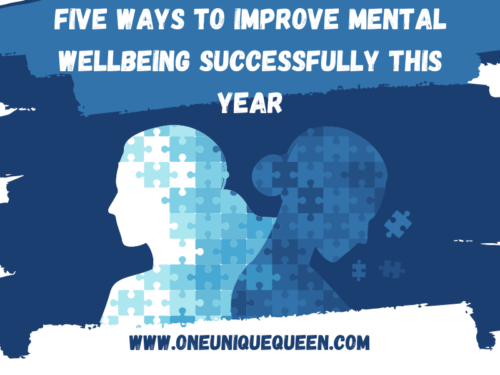
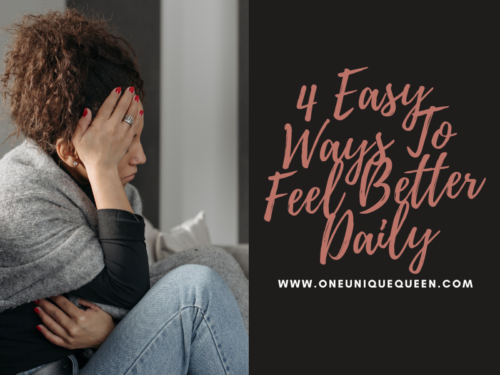
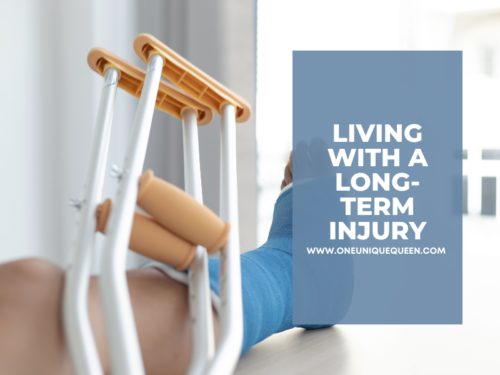


COMMENTS MAKE ME HAPPY!